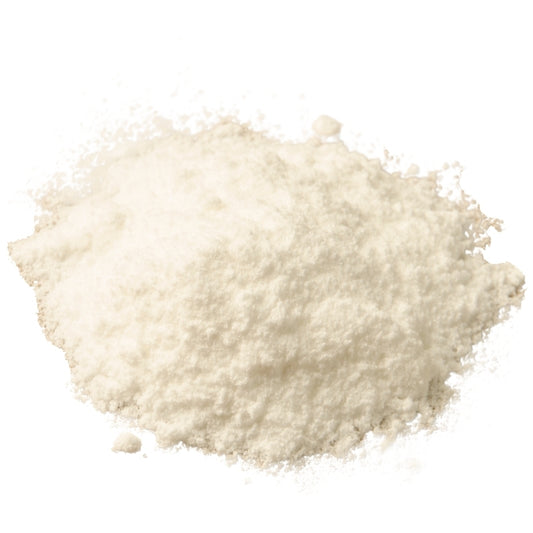
Menopausal Skincare
Juliette van der MeerMuch like puberty, menopause is a normal transitional stage, and usually occurs in women between the ages of 45 to 55 (although this can vary). During this stage, women's levels of estrogen and progesterone typically drop and vary wildly. These changes can manifest physically in various ways, and one of these changes is in the skin. Let's find out more.
What Happens To Our Skins As We Age?
The skin and the skin barrier dramatically alters with age. During the menopausal years, these changes can be more sudden.
Estrogen and Menopause
There is a decline in estrogen. Estrogen affects many things in the body, and the skin is one of them. Estrogen promotes water retention and plumpness in the skin by stimulating the production of certain proteins which keep the skin thicker and plumper. A decline in estrogen means the skin may become thinner and lose its plumpness. Therefore hydration is key!
Progesterone and Menopause
Progesterone levels also decrease. Progesterone is involved in sebum production in the skin. Sebum helps lock in moisture and strengthen the skin barrier, so a reduction of sebum leads to drier, more sensitive skin with a weakened skin barrier.
Collagen and Menopause
Collagen production is closely associated with estrogen levels. During menopause, collagen production decreases rapidly by about 30%, so the skin may sag or start to lose its structure.
The skin's oxidative defenses decrease, and oxidation is a leading cause of aging. You'll want to get those antioxidants in!
Melanin and Menopause
Melanin production decreases. Melanin causes skin pigmentation, including hyperpigmentation.
Hormone fluctuations and sun damage are some of the primary causes of age spots/hyperpigmentation. That's why, even though menopause reduces melanin production in the skin, the combination of erratic hormone levels and a weakened skin barrier can cause or worsen hyperpigmentation.
Characteristics of Menopausal Skin
The skin may experience a reduction in elasticity, increased sensitivity, possibly dryness and itching, as well as rosacea. The skin becomes more sensitive as the aging process diminishes the effectiveness of the hydrolipid layer and less sebum is produced.
Wounds may take longer to heal.
The aging process means that levels of natural moisturising factor in the skin fall. This deficiency can be ameliorated somewhat by using emollients, to help moisturise and retain moisture in the skin.
Yikes, that's quite a lot!























2 comments
Hi Lesedi, we don’t ship ourselves, but we do have lots of customers outside SA who arrange shipping with DHL and that works well. Perhaps consider them
Do you ship to Botswana